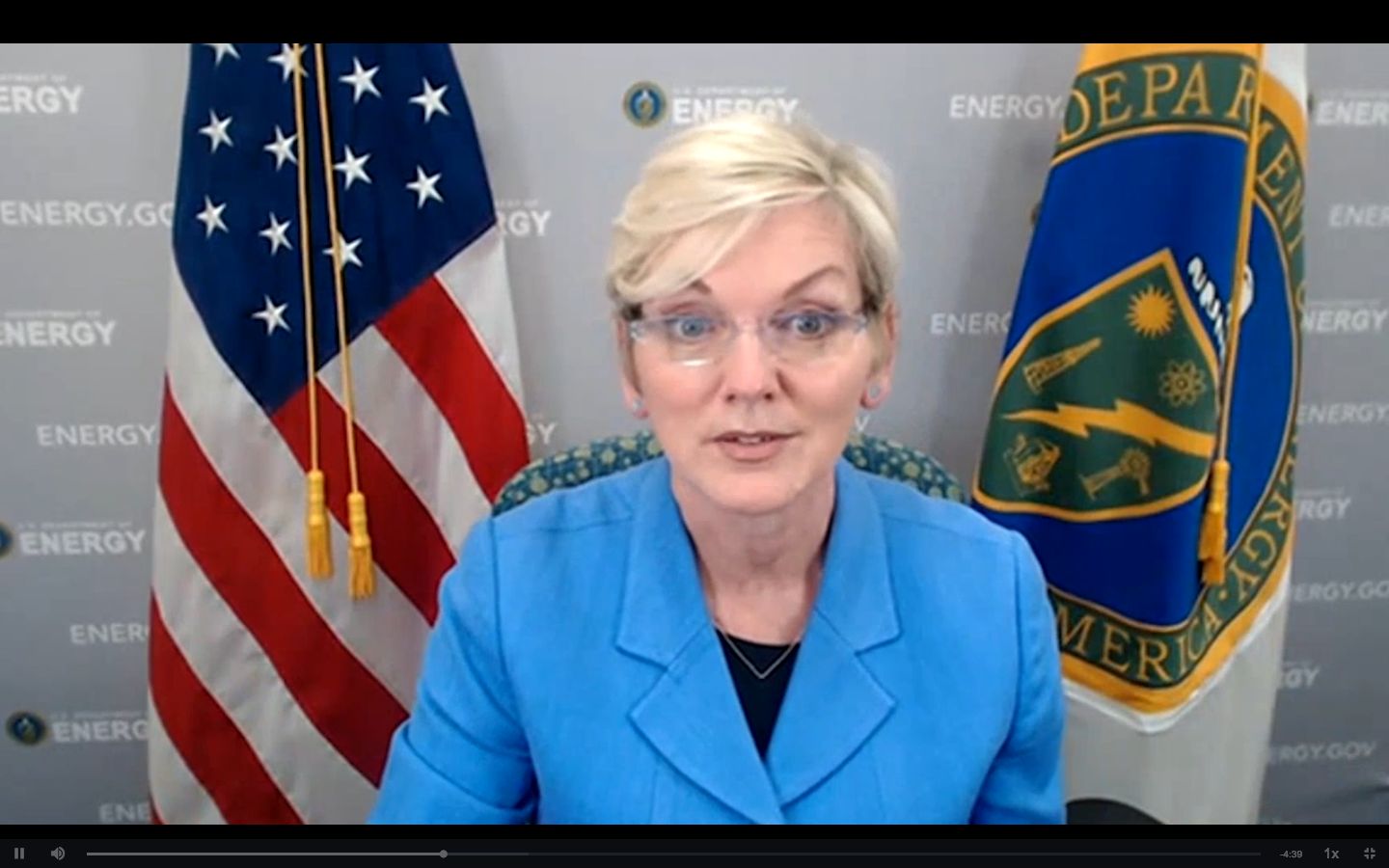As Perseverance makes tracks, NASA must plan its next Mars move

NASA’s Mars 2020 Perseverance rover took its first drive on the surface of Mars on March 4, traversing 21.3 feet and executing a 150-degree turn in about 33 minutes. The drive was one part of an ongoing check and calibration of every system, subsystem, and instrument on Perseverance, which landed on Mars on February 18.
The NASA team has also verified the functionality of Perseverance’s instruments, deployed two wind sensors, and unstowed the rover’s 7-foot-long robotic arm for the first time, flexing each of its five joints over the course of two hours.
With relatively little fanfare, the functionality of Perseverance’s radioisotope thermoelectric generator (RTG)—assembled at Idaho National Laboratory and fueled by the decay of plutonium-238—is also being proved. It is reliably providing the power that Perseverance’s mechanical and communication systems require.







 Nuclear power is an important component in the fight against climate change, but independent regulation is needed to gain the public’s---and governments'---trust, according to a March 6 article in The Economist, “
Nuclear power is an important component in the fight against climate change, but independent regulation is needed to gain the public’s---and governments'---trust, according to a March 6 article in The Economist, “



